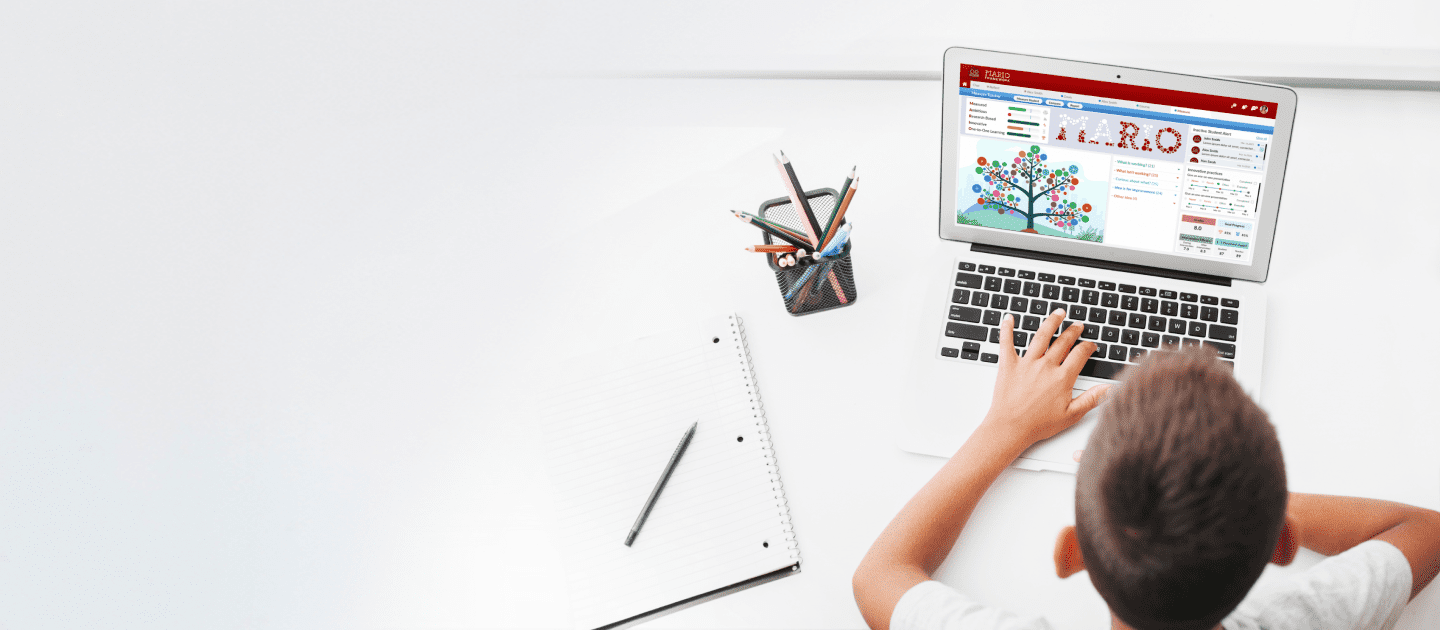
Supporting Students’ Intrinsic Motivation for Online Learning Tasks
This article presents an integrative theoretical framework to explain and to predict psychological changes achieved by different modes of treatment.
25 Nov 2024
April 27, 2022

This article presents an integrative theoretical framework to explain and to predict psychological changes achieved by different modes of treatment. This theory states that psychological procedures, whatever their form, alter the level and strength of self-efficacy. It is hypothesized that expectations of personal efficacy determine whether coping behavior will be initiated, how much effort will be expended, and how long it will be sustained in the face of obstacles and aversive experiences. Persistence in activities that are subjectively threatening but in fact relatively safe produces, through experiences of mastery, further enhancement of self-efficacy and corresponding reductions in defensive behavior. In the proposed model, expectations of personal efficacy are derived from four principal sources of information: performance accomplishments, vicarious experience, verbal persuasion, and physiological states. The more dependable the experiential sources, the greater are the changes in perceived self efficacy. A number of factors are identified as influencing the cognitive processing of efficacy information arising from enactive, vicarious, exhortative, and emotive sources. The differential power of diverse therapeutic procedures is analyzed in terms of the postulated cognitive mechanism of operation. Findings are reported from microanalyses of enactive, vicarious, and emotive modes of treatment that support the hypothesized relationship between perceived self-efficacy and behavioral changes. Possible directions for further research are discussed.
This study has informed how intrinsic motivation and the development of self-efficacy are supported in the MARIO Framework. Bandura’s framework directly relates to the intentional design of personalized goal setting, feedback cycles, self-assessment and self-reflective practices as well as the choice of high-Impact learning strategies found throughout the MARIO Framework.
Curious how MARIO Education can enhance your school’s advisory or learning support programs? Schedule a no-obligation demo with our team and discover how our innovative tools and 1-to-1 learning conversations can elevate student success and well-being in your school. Book your demo today!